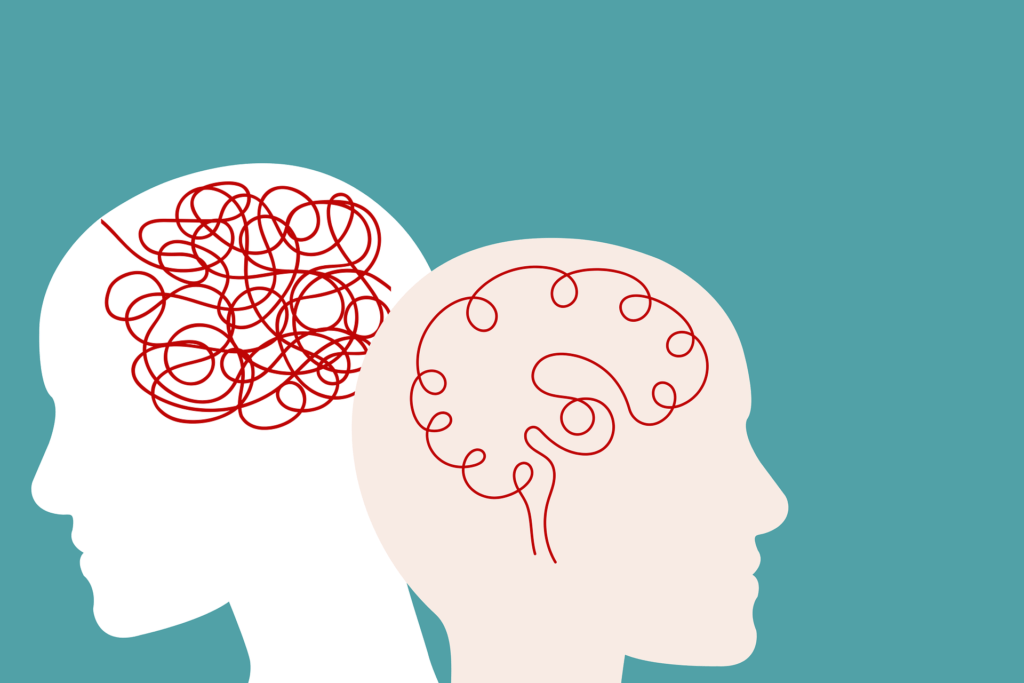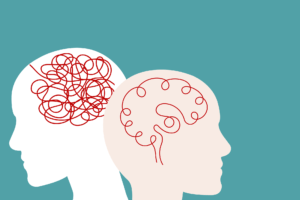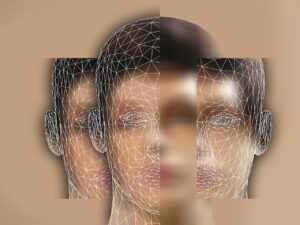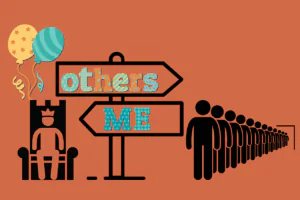Guest post by Linette Howard
Your day probably follows a certain routine. And more than likely, in that routine, you find a sense of normalcy and comfort. However, as a human being you also have times when you feel out of sorts or strangely anxious. You might notice that your daily routines – your guideposts – become harder to do and keep up. While the reasons for these “off” times can be numerous, one common cause is that unresolved trauma effects are rearing their head. If that’s the case, somatic therapy for trauma can be a help.
What Is Trauma?
Trauma can be defined in a variety of ways. The American Psychological Association notes that “Trauma is an emotional response to a terrible event like an accident, rape, or natural disaster.” Trauma researcher Bessel van der Kolk, M.D., takes it further, defining trauma as “not the story of something that happened back then, but the current imprint of that pain, horror, and fear living inside [you].”
These different definitions of trauma don’t begin to express how traumatic events can shape the lives of people who have experienced it. We are never prepared for the experience of trauma. How it affects you is a product of many factors: your history (especially your trauma history), protective factors that contribute to resilience, factors that increase your risk of trauma, and more. Consequently, trauma can look and be totally different in each person that is affected by trauma.
Since the traumatic event is stored as sensory fragments, it can be hard to verbalize and attach language to it. Instead, your physical body is what is holding the trauma. The traumatic energy of these fragments is stored in your body and can be triggered by physical or sensory input in some way reminiscent of the trauma. Even though the sensory information that triggers the memory of the traumatic event is usually from an insignificant, regular event, the brain misinterprets it as dangerous and initiates a survival response.
Somatic Therapy for Trauma Healing
So when it comes to trauma, each person’s outlook and struggle can look totally different. You may have questions, then, about exactly how to heal unresolved trauma given these differences. Know that there are many ways. Research says that because traumatic memories are stored largely as somatic sensory fragments, one of the best ways to process trauma is to work somatically – through the body.
Somatic Experiencing is a body-based (“somatic”) therapy that can effectively heal people from trauma by using body-based interventions. The ability to bring the body into the healing equation can make a real difference in your outlook and in your therapy outcome. When you are therapeutically treated as a whole person, consideration of your body can bring about more capacity and regulation in the healing process, allowing you to go deeper if needed, and to live more fully.
I’ve heard from some clients that talk therapy brought resolution and a new outlook, but their capacity to flourish was still unavailable to them. It was when the body was brought into therapy that more capacity to flourish was finally achieved.
I think that many people who have experienced trauma believe that if they just talk about their trauma enough, their unresolved trauma and anger or addiction or body symptoms will just follow along in the therapy process and be healed. That’s not necessarily the case for everyone. Acknowledging the body’s role in trauma can play an important role in therapy, and it often opens new possibilities for healing to occur.
Have you considered somatic therapy in your trauma healing journey? A number of Life Care Wellness therapists offer Somatic Experiencing therapy. Please reach out to us in our Northern Illinois locations in Glen Ellyn, Chicago (Jefferson Park), Sycamore, or Yorkville.
Linette Howard primarily uses a somatic approach, including therapeutic somatic touch, to help her clients have more capacity in their lives for regulation. She uses a client-centered approach and determines therapeutic goals with each individual. Her areas of focus are trauma, developmental trauma, depression, anxiety, stress, and relationship problems.






